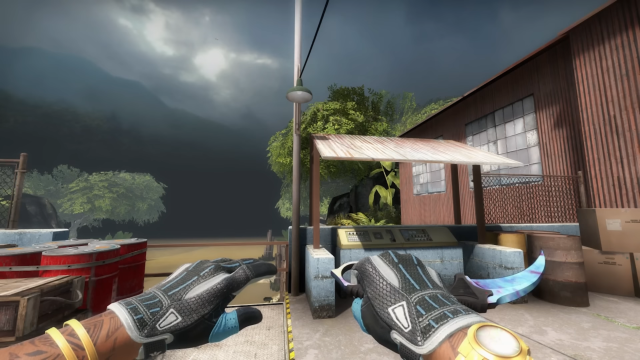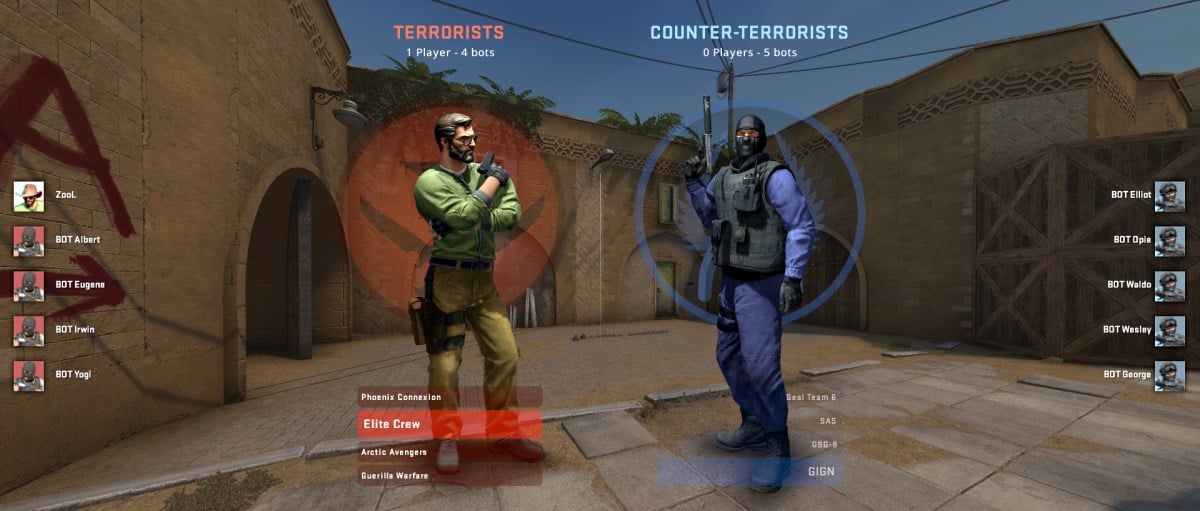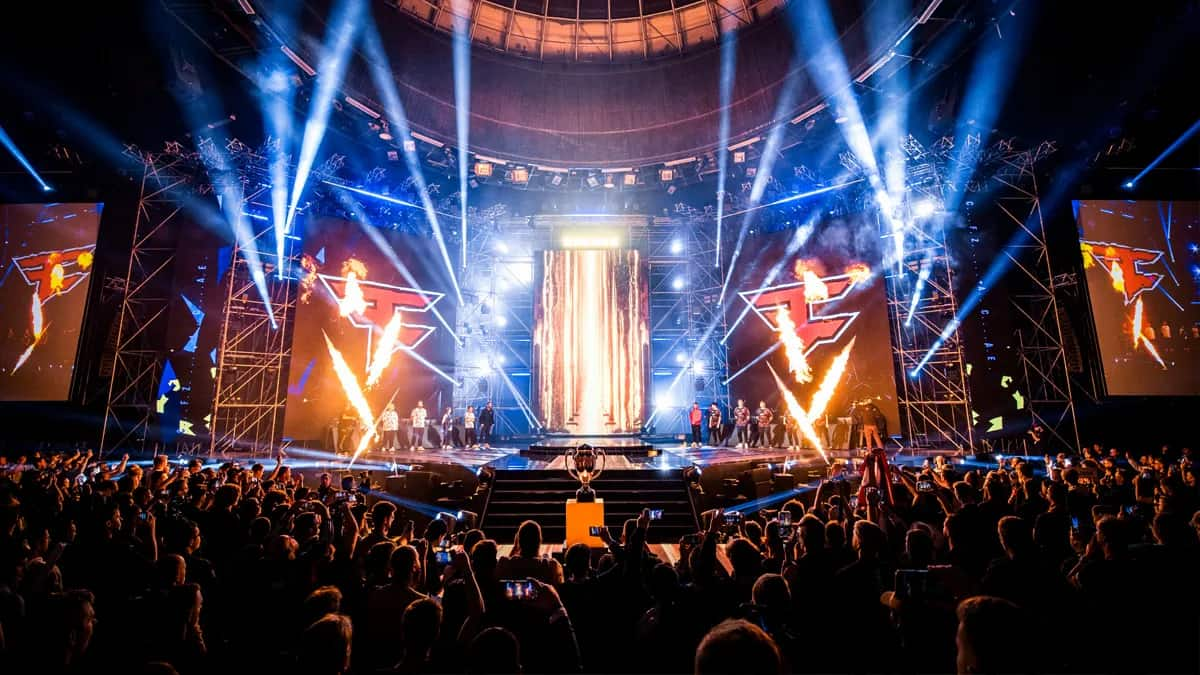The team at streaming giant Twitch is reportedly “digging into” the promotion and legality of Counter-Strike 2 gambling streams this week after an in-depth report revealed sponsorships from these gambling sites violate Twitch’s advertising rules.
Skin gambling sponsorships have been outlawed on Twitch since 2023 according to the site’s community guidelines, but a six-month investigation conducted by financial and investment news site Barron’s discovered over a hundred of the most-watched CS2 Twitch streamers were still sponsored by a skin gambling site. In response, a Twitch spokesperson said to Barron’s they were “digging into the examples you raised.”

That was half a year ago, but to this day several streamers Barron’s gave to Twitch as examples remain active and are still streaming content related to skin gambling, including openly advertising gambling sites. Advertising wasn’t just limited to direct offers to streamers with some gambling sites even taking out ads on the platform. These ads stretched beyond just Twitch too, with Google and YouTube also under fire as they too have restrictions against digital gambling advertising.
Barron’s also reached out to several high-profile Twitch streamers, who shared that they received offers of as much as $200,000 a month to promote gambling in videos and streams. These figures remain as high (if not higher) as they were when skin gambling began entering the spotlight a decade ago with the likes of CSGOLounge and after the shutdown of the first wave of sites.
Counter-Strike‘s skin market remains highly lucrative, with Valve raking in as much as $60 million this past month according to CS2 Case Tracker—and that’s just covering cases opened and not third-party trades or sales on Steam’s marketplace. It’s clear that despite stipulations in place limiting exposure to skin gambling, especially to minors, these unregulated and predatory sites are still finding ways to market themselves to fans.
In most cases, it’s taken governmental intervention to get rid of these gambling sites, but these have been on a region-by-region basis, and given Barron’s identified as many as 27 skin gambling sites advertising on platforms like Google—without a gambling license, too—these major tech platforms need to be held accountable.






Published: Aug 16, 2024 10:12 pm